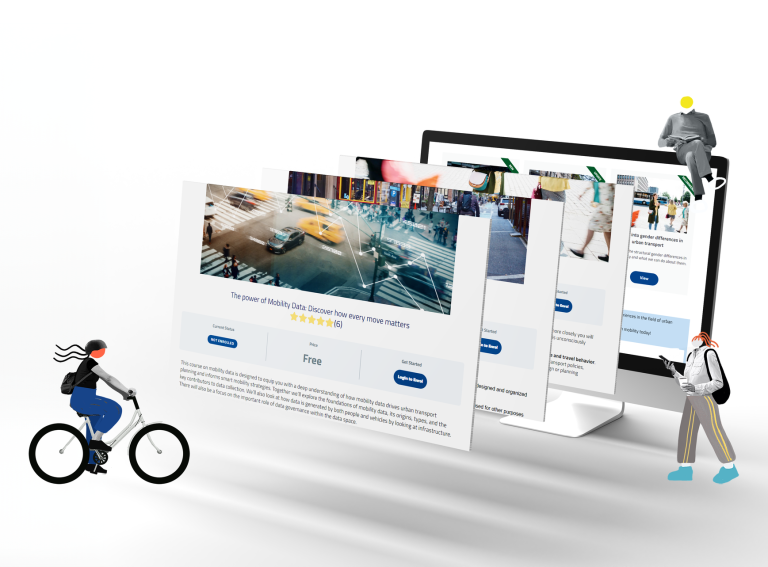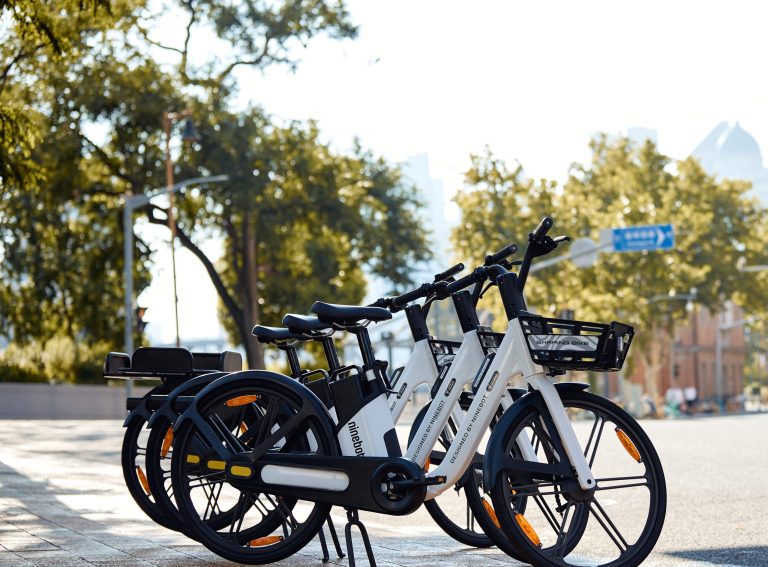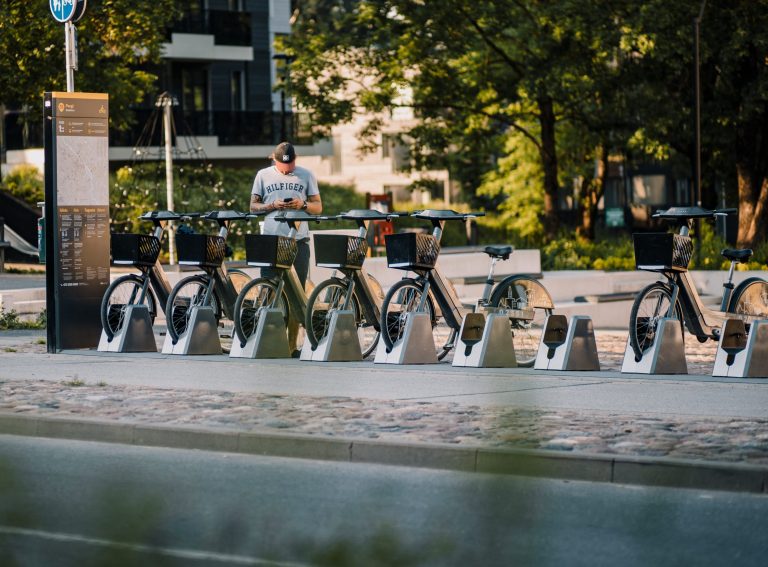Delivery Mates wants to transform the last-mile logistics space and prove to firms around the world that sustainability can be commercially viable.
During 2024 the firm delivered 2.5 million parcels in London alone, while expanding its presence in Glasgow where it has now established its first microhub outside the capital.
“This year we have expanded our e-cargo bike fleet by 42% and seen a 55% growth in the number of parcels distributed compared with 2023,” Kevin Savage, Chief Operating Officer at Delivery Mates, tells Zag Daily. “Despite deliveries increasing, we reduced our emissions by 30%.
“By the end of December we will have topped three million deliveries across the UK, including 150,000 during our first year of operating in Glasgow.”
Leading UK parcel carrier Yodel was Delivery Mates’ first customer in Glasgow, which has already pledged to increase its volumes next year, with two other new customers also joining the effort.
“We expect to have more than 10 customers in Glasgow by the end of Q1 of 2025,” Savage says.
Cutting-edge innovation
In London, Delivery Mates has been trialing an innovative new walking delivery method over the past 20 weeks and is impressed with the results so far.
The method involves walkers arriving at a parked e-van, loading a trolley and then delivering the parcels on foot, before returning the trolley to the van.
“If we can conduct last-mile deliveries on foot, it eliminates the need for microhubs which are necessary for cargo bikes,” Savage explains.
“You can deliver the same number of parcels that a van used to, while a cargo bike is 10% higher. It’s a super interesting concept for the future of last-mile delivery in high density urban areas.”
As it stands, Delivery Mates operates its fleet of cargo bikes out of seven microhubs across London. However, finding space for these hubs has proved difficult.
“Establishing microhubs has been one of the major challenges we keep coming up against, as gaining access to suitable real estate in urban areas is challenging,” Savage says.
“You need the right planning permission, and real estate in London is super expensive. We are talking to Transport for London [TfL] about converting some brownfield sites into communal hubs that could be used by urban mobility operators too.”
An example of this concept in action is the ZevHub fulfillment centre in Bermondsey which is used regularly by Delivery Mates.
With more than one megawatt of electricity being pumped into the building, the centre features 10 fast chargers, washrooms, a drivers lounge, hot food counters, meeting rooms, parcel lockers, parking slots and a battery storage unit.
“From this site we are managing battery swaps for different operators, pre-sorting parcels and storing 38 cargo bikes,” says Savage.
Strategic partnerships
In April, Delivery Mates revealed that it formed a strategic partnership with Dutch OEM Cargo Cycling and spent much of the year testing its e-cargo trike called the ‘Chariot FS2’, a next-generation device capable of transporting up to 1,700 litres and a 200 kg payload.
“Version 3 is set to be ready in February of next year and Delivery Mates will be the first logistics provider to test it out,” Savage says.
“We provided feedback on version 2 after completing on-road testing, which involved measuring its performance against a range of key metrics.”
The firm also partnered with Business Improvement Districts (BIDs) Better Bankside earlier this year as part of a plan to launch a Green Logistics Centre that would consolidate deliveries and reduce emissions.
“Although this pilot has not currently achieved its initial ambitions around the number of businesses engaged, the learning has been extremely valuable in designing and planning for further evolutions of green logistics that benefit business and climate objectives.”
Looking to 2025
One of the more creative projects that Delivery Mates started work on during the past year was a plan with the Thames Estuary Growth Board to use the River Thames for transporting inventory.
Three key sites for loading parcels from the river onto cargo bikes have been identified and Savage is now focused on building a business case for the investment.
“There is already alignment with the Port of London Authority and the river operators, but we need to secure significant funding to make this a reality,” he says.
“The market is open for a transformational urban logistics solution, but we need to work together with a series of organisations before pitching to investors.”
While innovation is clearly a central part of the Delivery Mates philosophy, Savage says that profitability remains integral to the success and increased adoption of sustainable last-mile solutions.
“Customers will not pay more for sustainability,” he argues.
“That’s been one of my key learnings this year. But the data shows now that cargo bikes and microhubs work in terms of both delivery numbers and price.”
This doesn’t mean Savage is getting complacent though: “It’s been a great year but there is still so much to do in this field. We’ve got a lot of momentum and are at an inflection point in sustainable urban delivery. 2025 is the year to fully capitalise on transforming the industry.”





